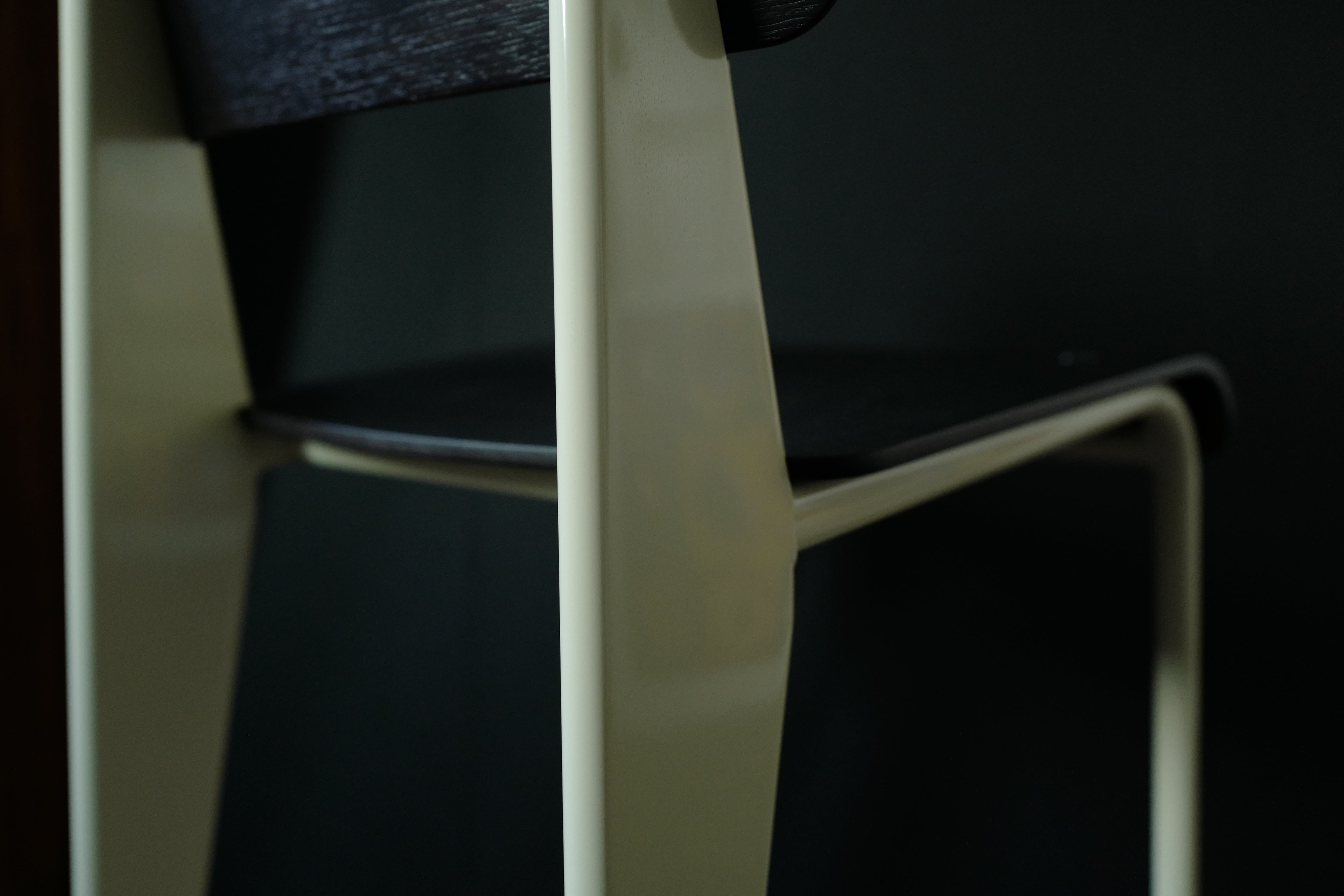The Japanese Bagmaker That’s Been Doing It Right Since 1905
The brand: built for work, not for aesthetics
You wouldn’t stumble into Ichizawa Hanpu by accident. The shop sits on a quiet street northeast of Kyoto’s city center, marked only by a small wooden sign and a few modest displays in the window. No neon, no hype, no social media gimmicks. Inside, there’s a wall of bags, a few aprons, some dust-coated swatches of canvas. It looks more like a supply depot than a boutique and that’s the point.

Ichizawa has been making heavy-duty canvas goods since 1905. Back then, their customers were local tradesmen fishermen, carpenters, shopkeepers who needed bags tough enough to survive daily punishment. Ice carriers, tool sacks, coal totes. Every stitch had a purpose. And even though the use case has shifted over the years, the materials and methods haven’t. These bags are still built like they’re going to work.
The bags: no logos, no shortcuts
There’s a discipline to what Ichizawa makes. The bags are stripped of anything unnecessary no branding, no decorative trim. What’s left is clean and sharp: dense cotton canvas, thick stitching, reinforced seams, military-style loops and metal hardware. They don’t bother with modern fabrics like Cordura or nylon blends. Instead, they rely on their own heavyweight hanpu (sailcloth) canvas, developed in-house and woven to take abuse.

The product range is tight. A few totes in various sizes. Bucket bags. Shoulder sacks. Backpacks with just enough structure. The colors are muted olive, navy, grey, black, and the occasional ochre or red but they don’t feel plain. The texture of the canvas gives everything a depth that synthetic fabrics can’t fake.

The appeal: built to break in, not wear out
Ichizawa bags look their best a year in. The canvas starts stiff, like a new pair of raw jeans, but it breaks in quickly. The fabric softens, edges fray slightly, and color fades just enough to show character. If you’ve ever owned a well-worn Barbour or a pair of Red Wings you didn’t treat too gently, you know the look. It’s not delicate. It’s earned.
We picked up a few things this time: a couple of their solid brass key rings with canvas tabs, a deep green diary cover with interior pockets, a classic mid-sized tote bag, and a soft-structured side bag that wears more like a daily carry-all than a fashion piece. All of it felt considered. Functional without being overdesigned.
Next up: one of their heavyweight linen totes. Same Ichizawa sensibility pared down, hard-wearing but in a subtly textured linen that feels built for summer. Like everything else here, they aren’t shouting for attention. They’re made to be used, and to get better doing it.


The store: no pitch, no pressure
Shopping at Ichizawa is a quiet experience. The staff won’t upsell you. No one’s going to tell you what’s “trending” or steer you toward a seasonal drop. You’ll get a short explanation of the fabric if you ask. Maybe a recommendation if you seem uncertain. Otherwise, you’re left to test the weight, open a few zippers, and imagine how it’ll hold up in your life.
This is their only store there are no global locations, no stockists in other cities. For years, they didn’t even ship outside Japan. Only recently have they opened up international shipping, which means the only real way to understand the brand is still to walk through the front door yourself.
It’s not curated for Instagram, and that’s part of the appeal. It feels like a store made for people who actually carry things not for people who collect things.


Why we’ll keep going back
Canvas bags are everywhere, but most are chasing a look or a trend. Ichizawa isn’t interested in that. They focus on making tough, honest bags that improve with wear no gimmicks, no fuss.
Next time we’re in Kyoto, we’ll be back. Not just out of routine, but because these bags simply work and that’s worth coming back for.

Visit Ichizawa Hanpu
602 Takabatakechō
Higashiyama Ward
Kyoto, 605-0017
Japan



